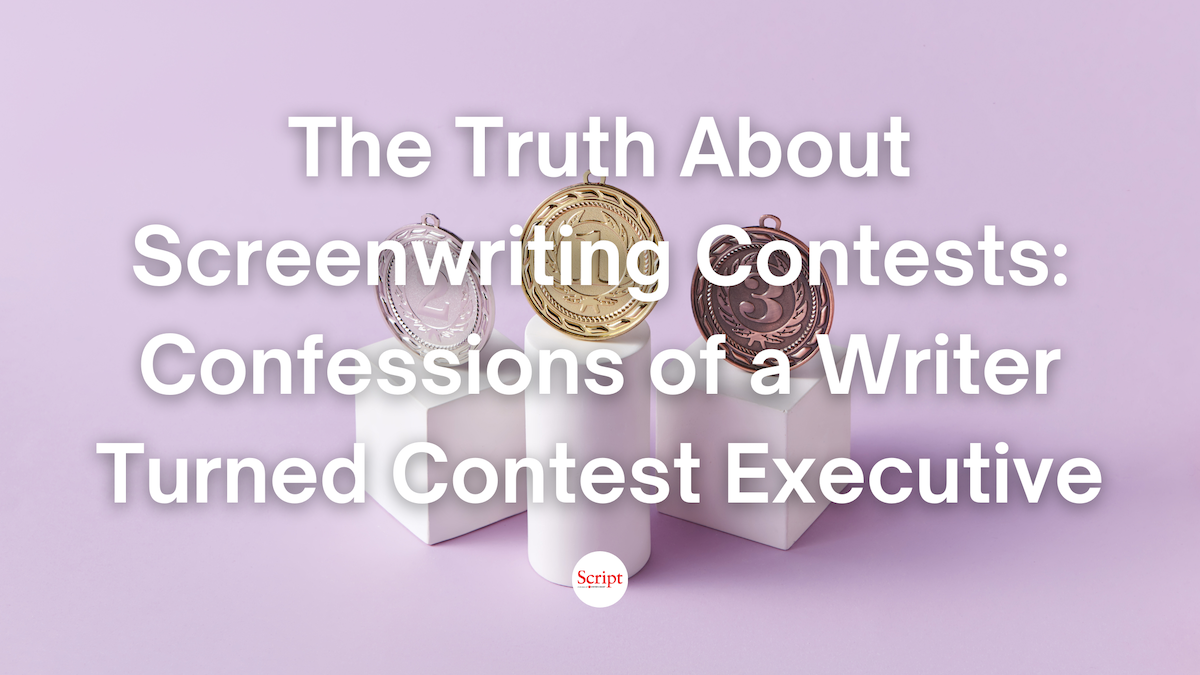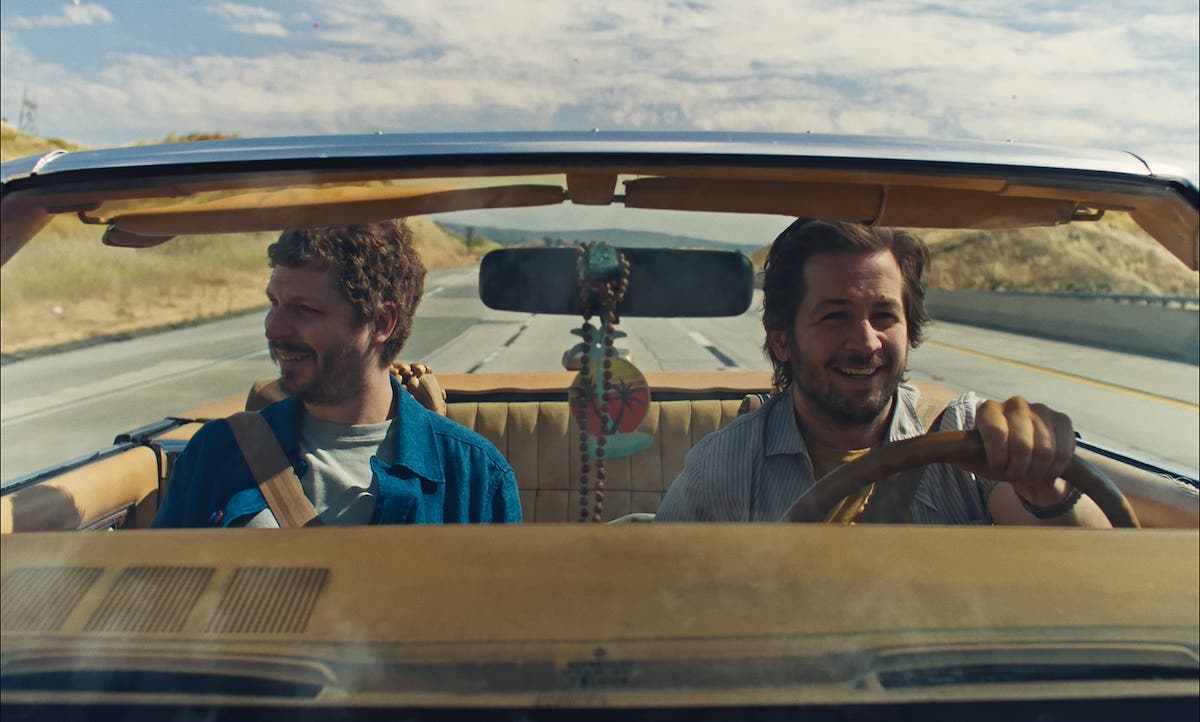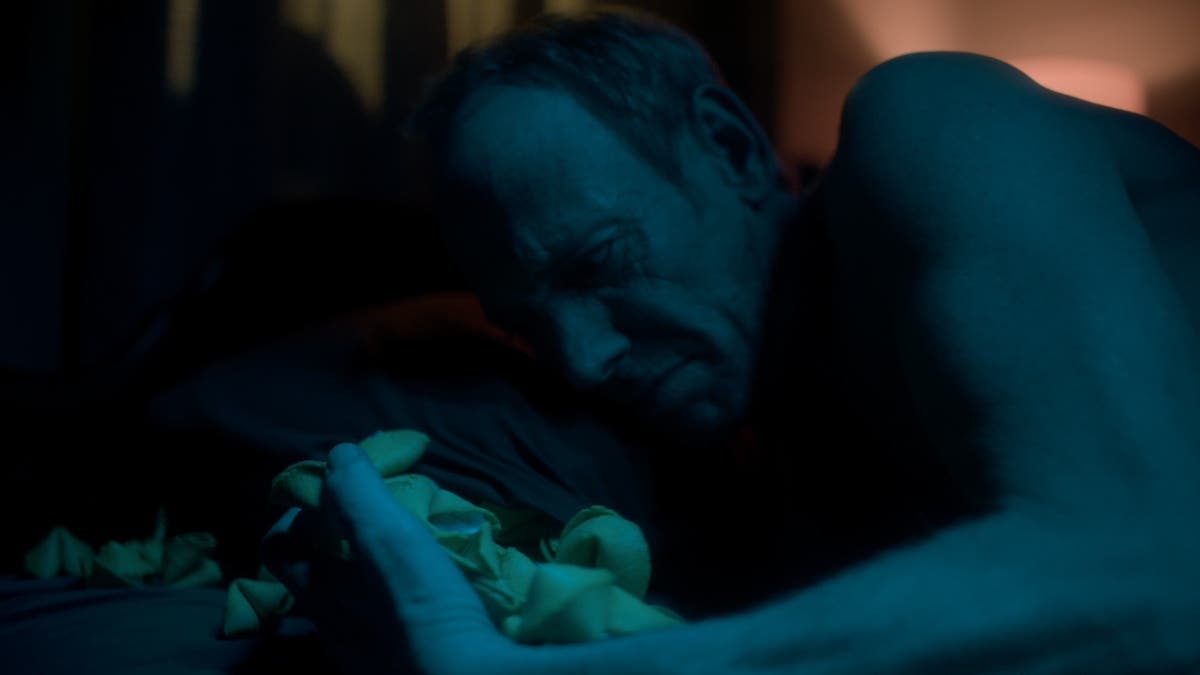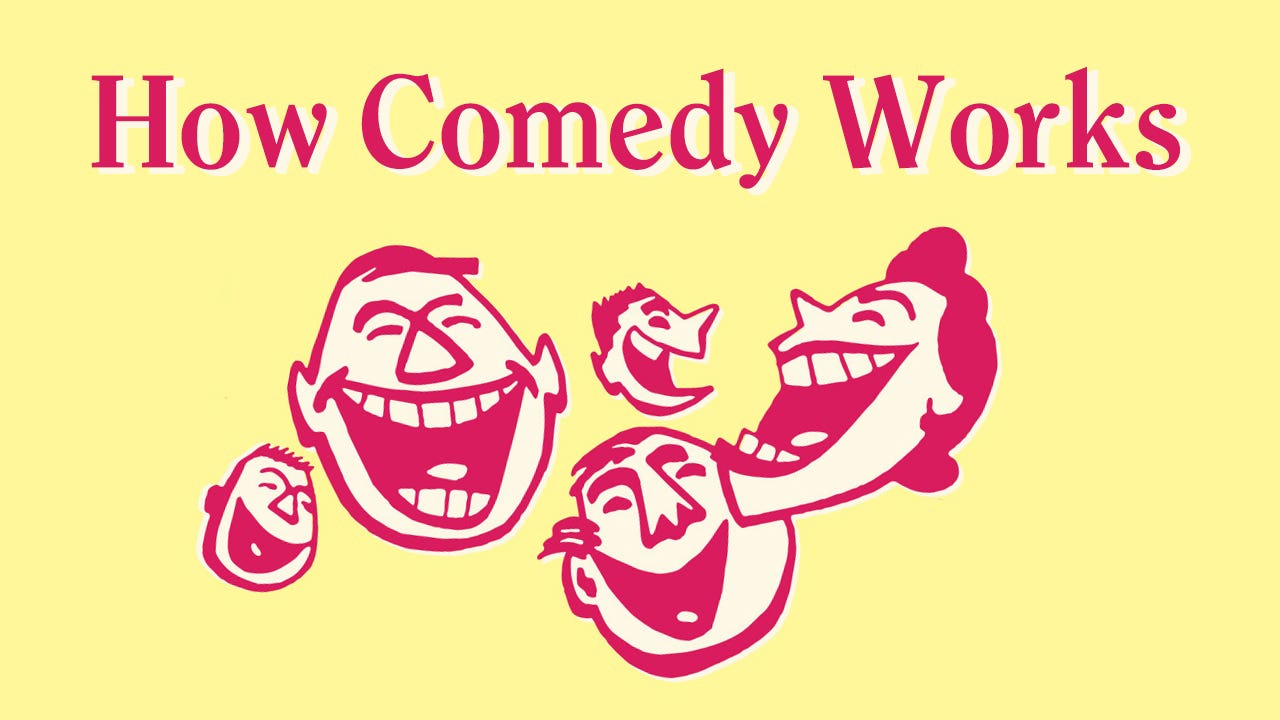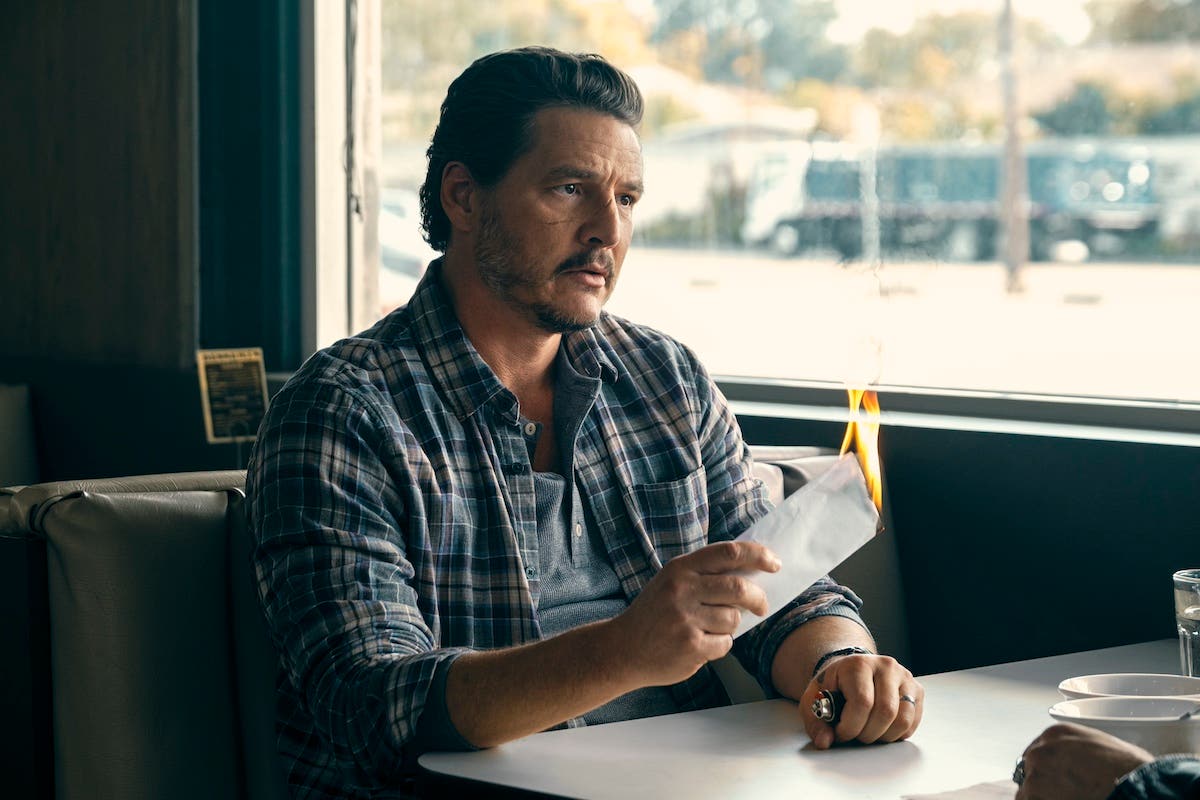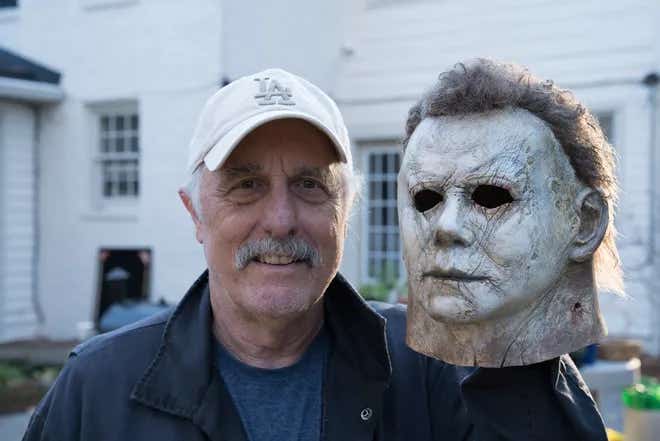Balls of Steel™: Zoe Lister Jones Talks ‘Lola Versus’
Screenwriter and actor Zoe Lister-Jones has a refreshing take on romantic comedies, Cinderella and the modern woman in her new film ‘Lola Versus’.
Every once in a while an interview opportunity comes across my desk I want to tackle myself instead of pass on to a one of my trusted contributors. Zoe Lister Jones is one of those rare people to catch my eye.
Why? Because I could tell she has balls.
After stalking other interviews of her and watching the trailer for Lola Versus, I instantly knew I’d not only like to interview Zoe, but I’d also happily throw back a few tequila shots with her, if given the chance. She has a refreshing take on romantic comedies and life as a modern woman.
When 29-year-old Lola (Greta Gerwig) is dumped by her fiancé Luke (Joel Kinnaman) just three weeks before their wedding, she embarks on an emotional, year-long adventure of self-discovery filled with love, loss, hilarity and heartache. Guided (and often misguided) by the well-meaning advice of her close friends and eccentric parents, Lola’s chaotic journey en route to the big 3-0 proves that a single tumultuous year can yield the lessons of a lifetime.
JB: What motivated you to write Lola Versus?
Zoe: Daryl Wein and I, as writers, wrote Breaking Upwards, loosely based on our own relationship. When we were rehashing those experiences, in the name of art, which I’m not sure I’d recommend (laughs), we realized my experiences as a single woman were very different than his as a single man. A lot of my girlfriends were single at the time, and it felt like there was an epidemic of awesome single women being shit on left and right in the NY dating scene. We thought that was ripe for comedy, but we also wanted to approach the life of a single woman from a new perspective that felt fresh and deglamourized and authentic to that specific experience. So we drew some things from my personal experiences, but a lot was from our imagination. We were both craving a portrait of a women who could be unapologetic, unlikable at times, and make mistakes without righting them immediately. So that was also a big impetus.
JB: Shoes play an important role in the film, mirroring Cinderella’s glass slipper and the whole fairytale aspect in which girls are raised. I’m curious, did you yell at your mother for reading you Cinderella after this film was over?
Zoe: My mom wasn't huge on fairy tales and was pretty unconventional and thought it was bullshit too. In developing this script, Daryl and I were both interested in how social conditioning makes the genders so different and why women are looking for something very specifically distinct from what a lot of men are looking for. Fairytales that women hang onto as girls shape who they become once they enter into relationships. That’s why we look at Cinderella that way. There is this fairytale romance so many women are looking to find that might be a little bit unrealistic.
JB: How did Lola Versus get from script to screen? Did you have a deal in place before you wrote it, or did you shop it as a spec?
Zoe: We wrote it as a spec. We made our first film, Breaking Upwards, for $15,000 (funded by friends and family). Daryl and I wore all the hats. IFC bought it, and when it was about to come out, we felt we needed to have a spec ready to capitalize on the moment. When we were touring festivals, we wrote two other scripts we thought were more commercial, one of which was Lola. We had originally envisioned Lola as another small micro budget indie where I would take the lead. Through Breaking Upwards, we got a writing agent who thought Lola was the most commercial. We learned when you make a film in one genre it’s good to stick with that genre so people can get your voice. Despite that, we were ready to jump into a totally different genre – a political thriller. But Lola was what was passed on by our agent to producers. Then we signed on with Michael London at Groundswell Productions (who had just made Win Win), and he took it to Fox Searchlight.
JB: I understand both of your parents are artists. How did you break into the industry?
Zoe: Daryl and I met at acting school at NYU at Tisch. I got an agent upon graduating and have been working in television, film and theatre from 2004 to the present. I had always been interested in writing. I had written a screenplay right after I graduated, but didn’t know how to get it into the right people’s hands. I was more focused on acting at the time. At first we were trying to get Breaking Upwards in the hands of producers and go the “legit route” in terms of getting it on its feet. Obviously when you’re two unknowns, its really hard to do, so we came up with a budget, asking ourselves what’s the least amount of money we can do this for. We came up with 15 grand, raised it, and made it for that, which is a miracle. But I had been writing nonprofessionally before that.
JB: Was it hard for you to let go of playing the lead?
Zoe: It really wasn’t. I was just so excited we were working with a studio like Fox Searchlight that it wasn’t difficult for me at all (laughs). I was like whoever wants it, just get her in here. We did make it really quickly from the time we wrote it, we were in production a year-and-a-half later. It was a really fast process, and then we were released a year after that.
JB: Were you ever worried about being fired as the writers?
Zoe: No, they bought it as a spec, and we made the Black List, which is a pretty big honor. So because the script was strong, we had more confidence as writers. We weren’t writing in a bubble, we had other people who felt it was strong. The script didn’t change a lot.
JB: I read in an interview of you how you sometimes have to lie about a friend’s performance or hope they lie about yours. Do you feel the same way about feedback on your writing?
Zoe: It depends on the context in which someone is reading something. Daryl and I are really interested in other people’s feedback, especially in the beginning stages. We have a really good group of intelligent and cultured friends and family who we trust who we give our scripts to before anyone else and just get their take on it. In that context, we definitely want people to be honest because that’s the only way the script will improve. And because you have so little perspective in the writing process, it’s really good to get some objectivity that way. But I do always expect kindness in the way notes are given. I give them that way, and I hope to receive them that way. It's a vulnerable position to share your work, especially when you’re in that beginning stage of a script.
JB: What advice would you give your 18-year-old self?
Zoe: When I was going to college, I really didn't know that I wanted to fully commit to acting because I loved writing. It was a hard decision to go to conservatory training because it felt like I was giving up on myself as writer. So, I guess I’d say to my 18-yr-old self, you can do both. It’s exiting and fulfilling, on a totally different level, to be able to write material that you do or don’t act in. To be a part of the creative process in completely different modes is totally possible. There’s no need to make Sophie’s choice.
JB: Is there anything else you want people to know about you, this film, or your perspectives?
Zoe: In terms of “balls of steel,” what I’ve learned in my somewhat short career is it really does take a strange combination of utter confidence and also humility to get your work made and to get behind your own work. You sort of have to be absolutely insane to think you are special enough to have your voice heard by a lot of people. That takes total confidence. That’s what I think people are drawn to – to be someone who believes in their own voice. But you also have to be totally humble and hear how your voice can always get better, and if your voice is fresh enough, and if your writing is special enough or solid enough. So it takes balls of steel to be able to balance those two characteristics as an artist, but that is the key.
Lola Versus is available on DVD and Blu-ray.
Jeanne Veillette Bowerman is a Senior Executive at Pipeline Media Group and Book Pipeline, Editor-in-Chief of Pipeline Artists, Director of Symposium—a year-round conference in the arts, co-host "Reckless Creatives" podcast, partner at Fringe Press, former Editor-in-Chief of Script magazine and a former Senior Editor at Writer's Digest. Recognized as one of the "Top 10 Most Influential Screenwriting Bloggers," her "Balls of Steel" column was selected as recommended reading by Universal Writers Program. A compilation of her articles is now available at The Writers Store—Balls of Steel: The Screenwriter's Mindset. She is also Co-Founder and moderator of X's weekly screenwriters’ chat, #Scriptchat, and wrote the narrative adaptation of the Pulitzer Prize-winning book, Slavery by Another Name, with its author, Douglas A. Blackmon, former senior national correspondent of The Wall Street Journal. More information can be found on her website. X: @jeannevb | IG/Threads: @jeannevb_ | BlueSky: @jeannevb.bsky.social


